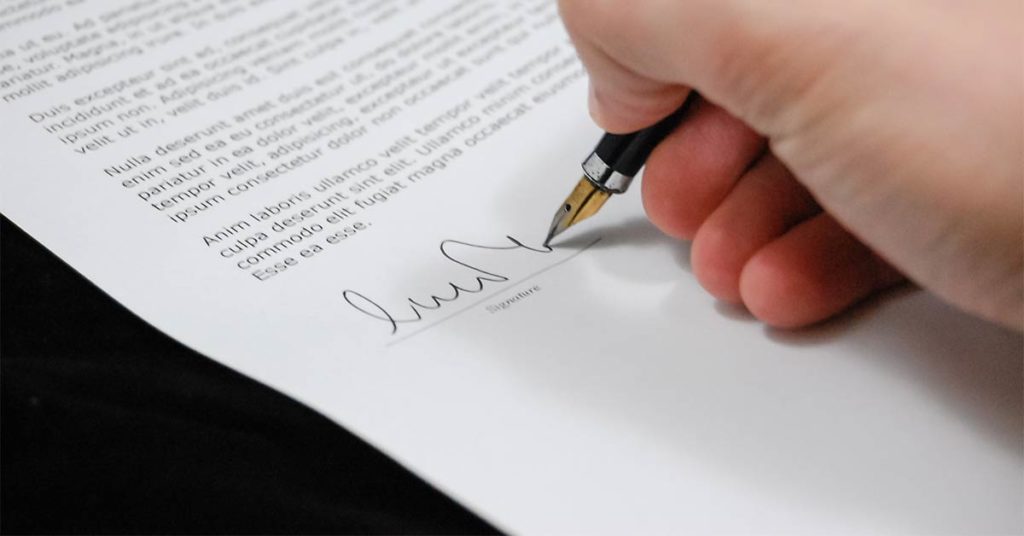What is a power of appointment trust?
A power of appointment or power of appointment trust is a legally binding provision contained in a trust which gives a surviving spouse or other beneficiary the authority to change the ultimate beneficiaries of a trust. For example, if a married couple’s trust contains power of appointment language, then after one spouse passes away the surviving spouse has authority to change the trust, beneficiaries, and heirs named in the trust, consistent with the specific terms contained in that power of appointment.
When is a power of appointment a good idea?
The primary intent of a power of appointment is to plan for maximum flexibility for the surviving spouse and/or beneficiaries by giving him/her/them the authority to determine how a trust will be distributed after the decedent has passed.
When is power of appointment trust a bad idea?
Typically, a power of appointment can cause problems if either spouse has been previously married and has children from that marriage. This can create situations where a child of a deceased spouse is disinherited by the surviving spouse. Additionally, any situation in which spouses already disagree on how to distribute the estate makes this type of trust not ideal. For example, if one spouse favors donating a large portion of the estate to a charity of their choice, while the other spouse is not as charitably inclined.
What is a limited power of appointment or special power of appointment?
A limited power of appointment, otherwise known as a special power of appointment, gives a surviving spouse or other beneficiary the ability to give the decedent’s assets to a select group of people specifically identified in the power of attorney. For example, a special power of appointment may give a surviving spouse the ability to give the assets to some or any of the decedent’s surviving children, as the surviving spouse my choose, but not to anyone else. Importantly, a limited power of appointment or special power of appointment cannot be used to benefit the decedent, his/her estate, or his/her creditors.
What is a general power of appointment?
A general power of appointment allows the holder of that power the ability to appoint those assets for the benefit of anyone, include the decedent, his/her estate, and/or his/her creditors. .
How do I set up a power of appointment trust?
A power of appointment should be drafted by an estate planning attorney as part of a comprehensive estate plan that includes will, trust, power of attorney, and healthcare directive documents.
Can I dispute a power of appointment trust?
Yes. Trust disputes are more common than most people think. At RMO Lawyers, we protect people like you everyday. For a free consultation, contact us anytime at: [email protected] or call (424) 320-9444
READ MORE
What does a probate litigation attorney do?
6 reasons I’d choose a probate attorney near me
The Power of Attorney California Guide
About RMO LLP
RMO LLP provides personal and efficient inheritance dispute services to individual and institutional clients. The firm’s attorneys focus on probate litigation involving contested trust, estate, probate, and conservatorship matters. Serving California and Texas, with offices in Los Angeles, Pasadena, Orange County, San Diego, Fresno, the Bay Area, Dallas, and Houston. For more information, please visit https://rmolawyers.com/.



